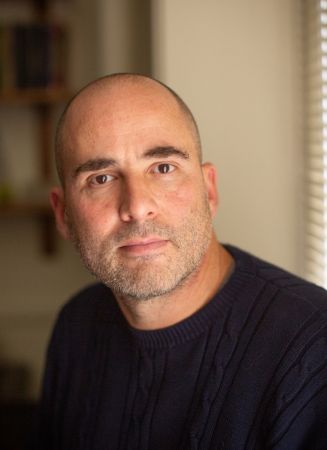Prof. Schuster is an expert in nuclear-fusion plasma control and leads the internationally recognized Lehigh University Plasma Control Laboratory. The members of his group have a unique background combining training in fusion and plasma physics, control theory, computational methods, and the collaborative skills needed to work effectively with a large experimental team. Supported by the U.S. Department of Energy (DOE), some members of his group are stationed at the two largest nuclear-fusion experimental facilities in the U.S., namely, the DIII-D National Fusion Facility within General Atomics in San Diego, California, and the National Spherical Torus Experiment Upgrade (NSTX-U) within the Princeton Plasma Physics Laboratory (PPPL) in Princeton, New Jersey. In addition to his research efforts at DIII-D and NSTX-U, Prof. Schuster also conducts research on international superconducting tokamaks like KSTAR in South Korea and EAST in China. He also collaborates closely with ITER, the world's largest tokamak currently under construction in France, which will be the first nuclear-fusion device to sustain fusion reactions for long periods of time and to produce net energy.
Prof. Schuster has been appointed as an ITER Scientist Fellow in Plasma Control by the ITER Organization. Moreover, he has been designated by the U.S. DOE as an expert member of the Integrated Operation Scenarios (IOS) Topical Group within the International Tokamak Physics Activity (ITPA), which he is currently co-chairing. He has recently served as Leader of the Operations and Control Topical Group within the U.S. Burning Plasma Organization (BPO). Prof. Schuster is the recipient of the National Science Foundation (NSF) CAREER Award for his work on "Nonlinear Control of Plasmas in Nuclear Fusion."
Prof. Schuster is an expert in control theory with emphasis on nonlinear and saturated control; distributed parameter control; real-time optimization; reduced-order system modeling and identification; numerical methods for predictive simulation; fault detection and isolation. In a broader sense, he is interested in real-time, fault-tolerant, optimization of energy generation and utilization. Prof. Schuster is the founder and first chair of the IEEE-CSS Technical Committee on Power Generation.
Related News

